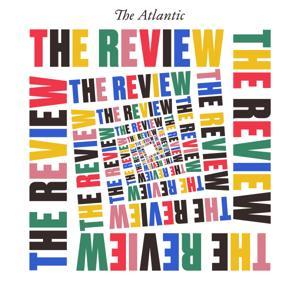“ The way you win this is through nonviolence, that you cannot do violence,” Governor Tim Walz told the Atlantic staff writer Isaac Stanley-Becker in Minneapolis on Wednesday. “And I know my constituents are mad at me for saying that. They’re shooting us. They’re killing us. They’re beating us. They’re taking our children. But you see what’s happening now. For all that power and all that cruelty, they are retreating massively. Now, I believe they’ll only retreat far enough to get to the next day or the next news cycle. But again, they underestimated this state, and I think they’re underestimating the American people. I’m still baffled—if you were gonna pick two states to mess with, Maine and Minnesota, especially in the middle of winter, not smart.”
Get more from your favorite Atlantic voices when you subscribe. You’ll enjoy unlimited access to Pulitzer-winning journalism, from clear-eyed analysis and insight on breaking news to fascinating explorations of our world. Atlantic subscribers also get access to exclusive subscriber audio in Apple Podcasts. Subscribe today at theAtlantic.com/listener.
Learn more about your ad choices. Visit megaphone.fm/adchoices












































